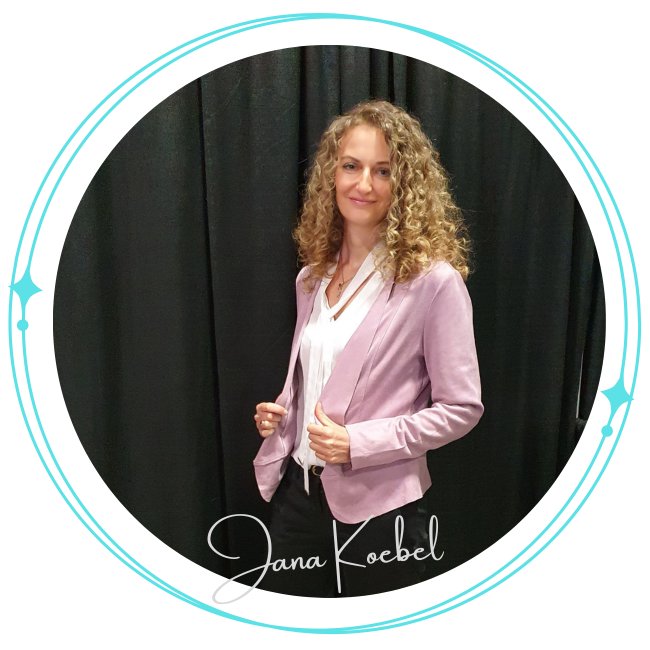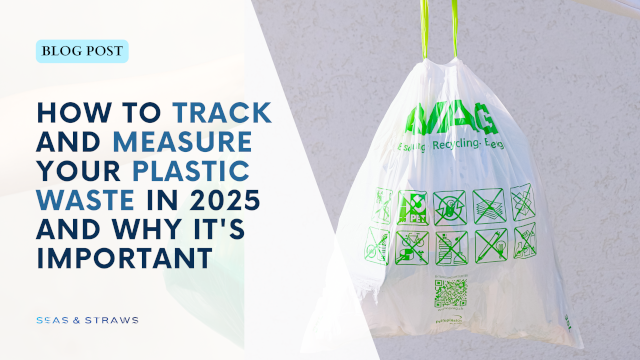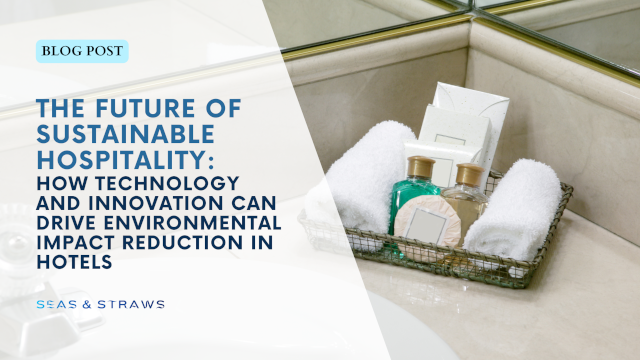Mumbai bans single-use plastics
India's largest city, Mumbai, just banned the manufacture, sale and use of single-use plastics. Initially, plastic bags, cutlery, container and straws were affected. Later, the government extended the ban to PET bottles with a liquid holding capacity of less than 500ml. Mumbai therewith joins forerunners like Kenya and Rwanda who have also banned all single-use plastics.
Air, water and soil pollution has always been a big problem for India. Although its use of plastic is less than half of the world's average (11kg a year per capita compaired to the United State's 109kg), it still generates 26,000 metric tonnes of plastic waste daily.
And it does not know what to do with it. A non-functioning recycling system leads to one of the highest rates of mismanaged plastic waste in the world. Mountain-sized landfills as well as streets, rivers and beaches covered in garbage are common sights in India.
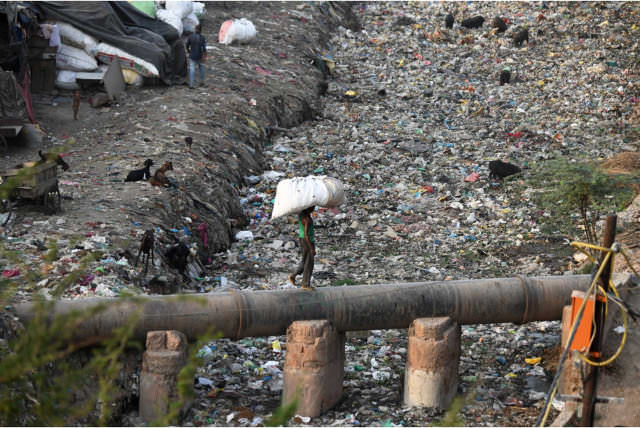 A canal full of garbage in India. Photo: Dominique Faget / AFP
A canal full of garbage in India. Photo: Dominique Faget / AFPBut Mumbai is working hard on changing that.
No tolerance and great confusion
Effective from Monday, the ban is reinforced vigorously. The state council ordered steep fines of 5,000 rupies (£ 276, US$ 366) for one-time offenses up to 25,000 rupies and three months of jail for repeated ones.
According to the Guardian, 87 business have already been fined, including McDonald's and Starbucks.
As usual, though, small shop and business owners are hit hardest. They were given three months to find an alternative to plastic shopping bags and the thin plastic sheets they use for wrapping meat or fish.
With no further support from the state, however, most have not found a suitable solution to date. Additionally, there is great confusion about which plastics are allowed and which are not.
As a result, more than 300,000 shop owners are forced to close during the weekend. Most face losses of 50% because they have to turn down customers who do not bring their own shopping bags. Large quantities of perishables are dumped out of fear of using the wrong kind of food wrapper and getting fined for it.
As you can see, nothing is clear yet and only the future can tell how the metropolis and its 20 million inhabitants will cope with a ban on such a large scale. Kenya and Rwanda did it and Mumbai, too, has already proven what people can accomplish if they want.
Mumbai demonstrates that change is possible
Only 3 years ago, the coastline of Mumbai was covered 5.5 feet deep in garbage. You could hardly see the sand through all the waste, let alone walk along the beach. "A man could drown in the plastic," Afroz Shah, a 33-year old lawyer said.
So he took matters in his own hands and organized what would become the biggest beach cleanup in the world.
2 years and 11,684,500 pounds of trash later, Mumbai's beach has become so prestine that the endangered Olive Ridley turtles came back to nest - for the first time in 20 years.
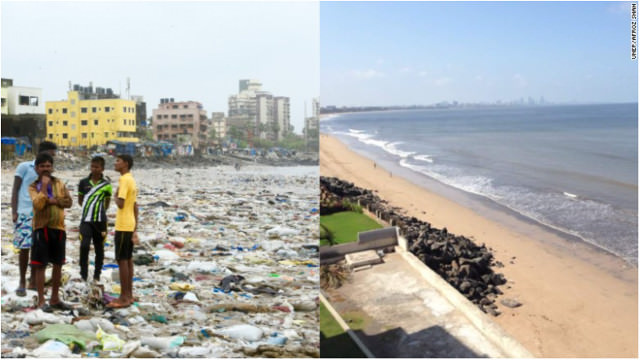 Mumbai beach before and after the world's largest cleanup
Mumbai beach before and after the world's largest cleanupThe plastic ban is Mumbai's second big step towards a cleaner, healthier city.
Despite the confusion, I am curious and hopeful that it will become an inspiration for more cities and countries to do the same.
By the way, India recently hosted the World Environment Day which this year focused on the epidemic of plastic waste. They're off to a good start.
